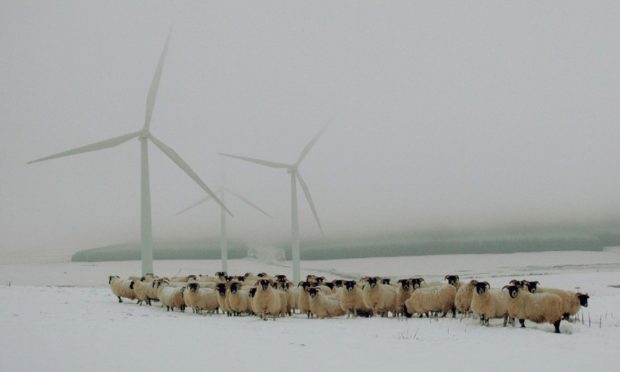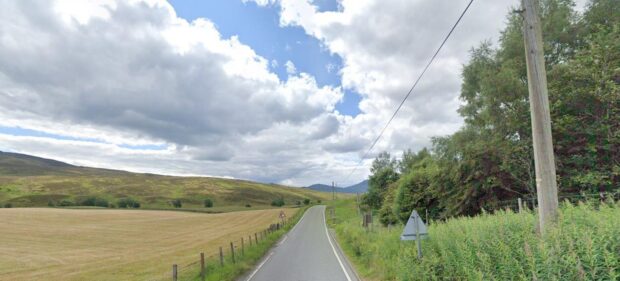A new campaign group has been launched to force a policy change on windfarm applications at council and Scottish Government level.
However, trade body Scottish Renewables say that Save Our Hills’ suggestion that rural communities don’t broadly back onshore windfarms is “simply incorrect.”
Dumfriesshire-based Save Our Hills say members will move to focus efforts to up local scrutiny in Aberdeenshire and Perth and Kinross, where windfarm projects such as Green Burn near Alyth and Dulater windfarm near Dunkeld have sparked objections in recent years.
Campaigners said while they were supportive of green energy, many parts of the country were at “saturation point.” Their aim is to unite local action groups and work together.
UK Government data shows that support for onshore windfarms is growing steadily and Scottish Renewables say it is “misleading” to suggest otherwise.
Save Our Hills spokesman Iain Milligan said the group feels it’s “time for other sources to be investigated” and for government to “understand that a fairer balance has to be struck” between development and protecting residents as well as Scotland’s landscape.
He said: “People have had enough and will not put up with the further spread of enormous windfarms which wreck the landscape and local ecology, risk damaging property prices, jeopardise businesses, particularly tourism, and bring nothing of significant benefit to the community.
“We need to see the decision-makers take a tougher stance on these applications, and begin to ensure that when windfarms do receive planning permission, it is with the blessing of those affected by them.”
Survation research carried out in 2018 on behalf of Scottish Renewables backs up the body’s belief that there is higher support for onshore wind power specifically among young people in rural Scotland.
CEO Claire Mack says renewables, largely onshore wind, now provide the equivalent of 90% of Scotland’s electricity consumption, employing 5,400 people and supporting a “thriving” business supply chain from the central belt to rural areas.
She said: “Any suggestion that people living in rural Scotland do not support the deployment of renewable energy technologies like onshore wind which tackle climate change at the lowest cost to consumers is simply incorrect.
“Rural Scotland has a central role to play in delivering the increases in generation capacity needed to meet our growing need for clean power and our statutory climate change targets, and can look forward to the significant economic and social benefits which will increasingly come from doing so.”
Mandatory consultations for windfarm developments have been taking place digitally over the past nine months, in line with planning policy.
Save Our Hills’ are demanding that all windfarms in the planning stage extend their consultation periods until Covid-19 restrictions have eased to allow maximum local scrutiny.











